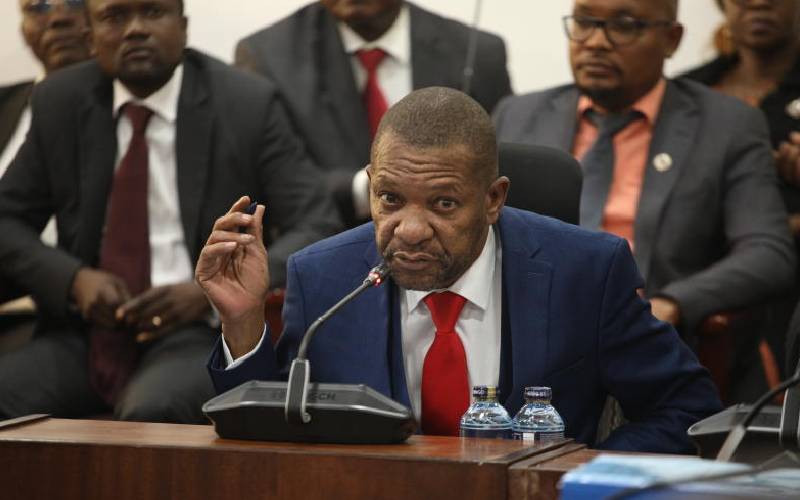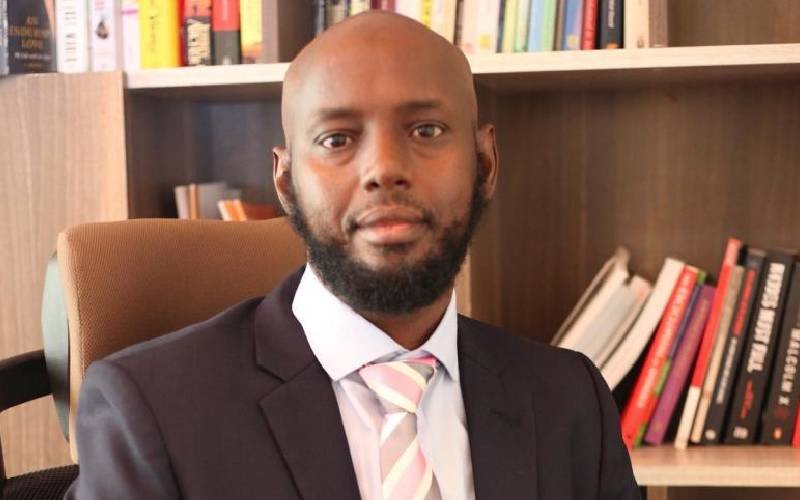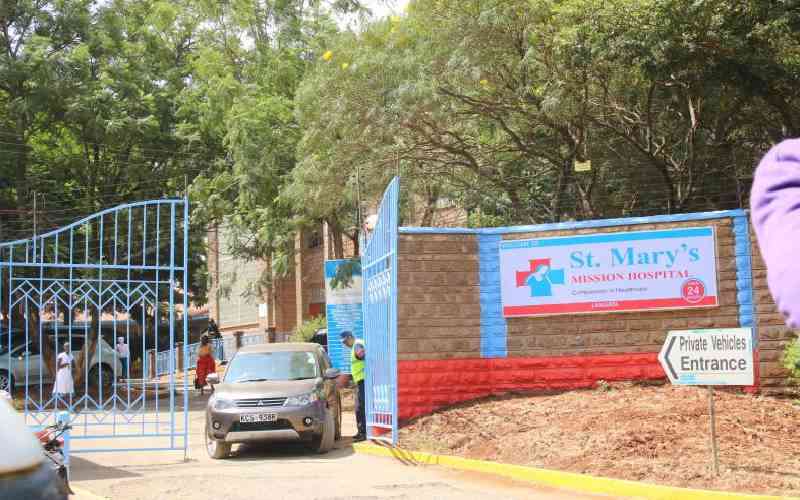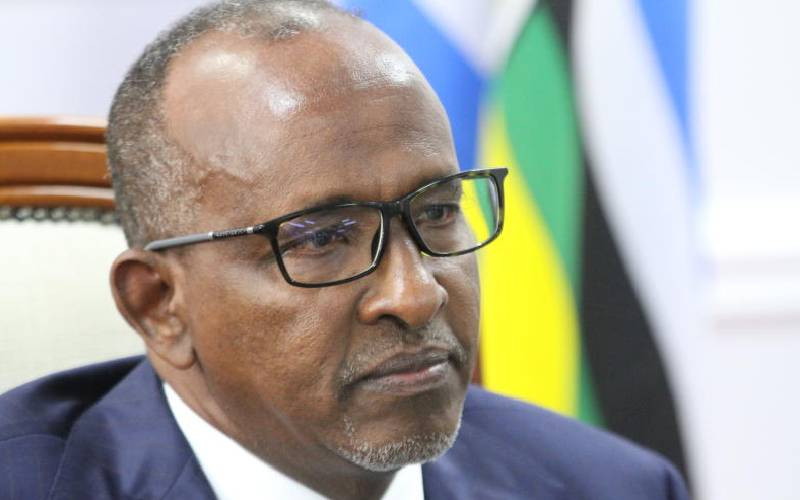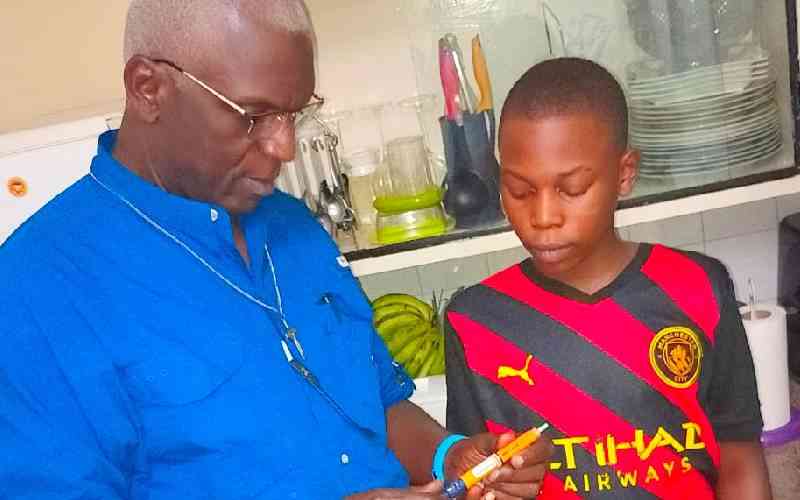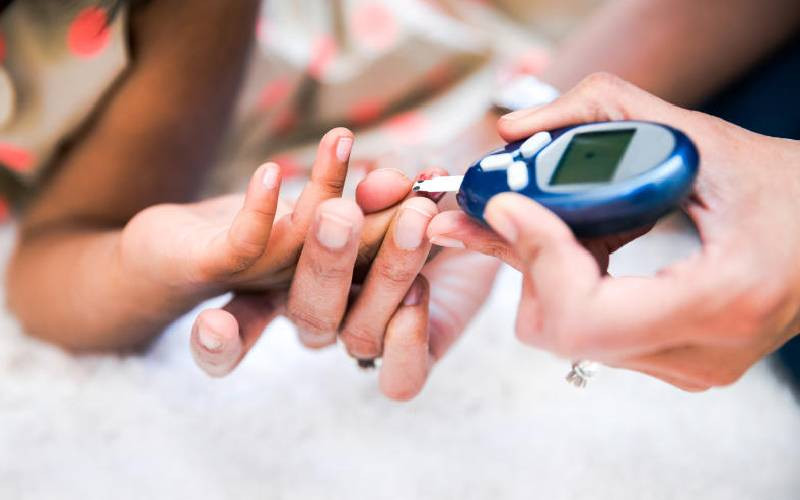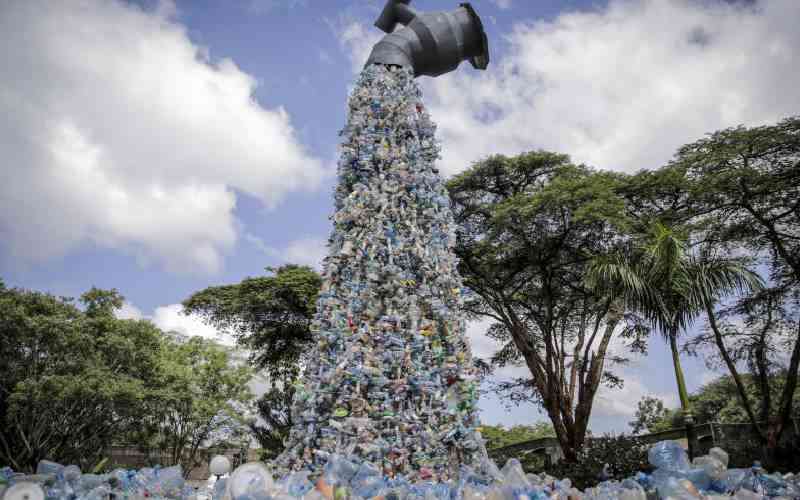
When the world was struck by COVID-19 five years ago, Africa found itself fighting on two fronts: Against a deadly virus and vaccine inequity. While richer nations hoarded doses, African countries waited, scrambled, and negotiated for their share. Millions were infected, thousands lost their lives, and others survived with scars—some visible, others hidden.
The human cost of COVID-19 in Africa was significant, though lower than initially feared. As of November 2022, the continent recorded 257,984 deaths from COVID-19, representing a substantial but proportionally smaller burden compared to other regions globally.
The WHO African Region experienced its deadliest period in August 2021, with record weekly death tolls during the continent’s third wave.
Despite Africa’s relatively younger population and prior experience managing infectious diseases like HIV, the pandemic’s impact varied dramatically across countries. South Africa bore the heaviest burden, while many countries faced challenges in accurate reporting due to limited testing capacity and weak surveillance systems.
Now, as the dust of the pandemic settles, a new question is emerging: How much do we know about the long-term effects of COVID-19 and its vaccines on African populations? The answer, experts warn, is: not enough.
The early years of the pandemic were defined by urgency. Vaccines were developed in record time, distributed under emergency approvals, and celebrated as the key to ending lock-downs. But African populations were barely represented in those clinical trials.
“Most of the early vaccine studies were done outside the continent,” explains Isaac Kisiangani, a research officer at the African Population and Health Research Center (APHRC). “This meant there was very little data on how African populations, genetically diverse and living in very different environments, would respond to the vaccines.”
The absence of local data created mistrust. When reports of blood clots linked to AstraZeneca and heart inflammations linked to Pfizer emerged from Europe and America, many Africans asked: What about us?
- Kenya targets to produce 6 million pneumonia vaccines every month
- There is need to establish dedicated long Covid clinics
Keep Reading
Vaccine safety surveillance
Some countries, including Kenya, briefly suspended the rollout of certain vaccines, further delaying protection for millions. Vaccine hesitancy deepened, fueled by fears that Africans were being used as “test subjects” without proper research.
The World Health Organisation’s African Regional Office and Africa CDC have been working to strengthen vaccine safety surveillance systems across the continent. However, significant challenges remain in monitoring Adverse Events Following Immunisation (AEFI).
Historical data shows that AEFI reporting has been weak in Africa, relying primarily on passive monitoring systems where healthcare workers report adverse events voluntarily. South Africa emerged as the only African country to conduct COVID-19 vaccine trials during the pandemic, highlighting the continent’s limited research infrastructure.
A recent study on vaccine safety surveillance in South Africa revealed both strengths and weaknesses in the system. While the surveillance system demonstrated functionality and stakeholder acceptance, it faced challenges including low reporting rates from certain provinces, poor coordination between paper and digital reporting systems and human resource constraints.
The COVID-19 pandemic significantly impacted vaccine-preventable disease surveillance systems across the WHO African Region. A 2022 CDC study found that 75 per cent of surveillance consultants were deployed to African countries during the pandemic, indicating the continent’s heavy reliance on external support for disease monitoring.
Gavi, the Vaccine Alliance, has been instrumental in supporting vaccine access in Africa since 2000. During the COVID-19 pandemic, Gavi worked alongside WHO and Africa CDC to ensure not only vaccine access but also safety monitoring. However, their efforts have been constrained by the same systemic weaknesses that affect overall health surveillance in many African countries.
Despite the gaps, small studies have provided insights. A systematic review of 23 studies in East Africa, involving over 170,000 people, found that about 55 per cent experienced at least one side effect after vaccination. The most common were mild, pain at the injection site, fatigue, fever—that faded within a few days. In the Democratic Republic of Congo, surveillance showed that a quarter of vaccine recipients reported side effects, with Pfizer recipients more likely to report reactions than those who received Johnson & Johnson.
But even these numbers come with a caveat; many African countries lack strong systems for tracking side effects. Passive surveillance—where patients report problems to already stretched health workers—misses much. Rare and long-term effects often slip through unnoticed.
While the world raced to vaccinate, another shadow was growing: Long COVID. Defined as symptoms that persist at least three months after infection, Long COVID is now recognised globally as a serious health issue.
Fatigue, brain fog, joint pain, breathlessness, even hair loss—patients report a wide range of lingering problems. For some, recovery takes months. For others, symptoms become life-altering.
“Africa managed the immediate impacts of COVID-19 remarkably well, partly due to its HIV experience,” says Prof Linda-Gail Bekker, CEO of the Desmond Tutu Health Foundation.
“But Long COVID is a different story. We have very limited research to tell us how widespread it is or who is most affected.” At APHRC, researchers tried to fill that gap. Through a prospective cohort study conducted in Nairobi Metropolitan Area, APHRC sought to better understand the long-term health effects of COVID-19 among individuals who had tested positive for virus.
The study included participants who had experienced a range of illness severity from mild/moderate to severe/critical COVID-19 infections during the acute phase. Findings from the study revealed that nearly half of the participants reported ongoing COVID-19 related symptoms beyond acute phase and one-third continued to experience these symptoms one year later, with fatigue being the most common persistent symptom. “These findings are important because they show Long COVID is not just a Western problem—it is here, and it is affecting Africans,” Kisiangani says. “Yet health systems are not prepared to diagnose or manage it.”
Africa is not a monolith. It is home to the world’s most genetically diverse populations. That diversity influences how people respond to infections and vaccines. But because African populations were under-represented in trials, it is still unclear how genetics, diet, climate and fragile health systems affect vaccine responses or Long COVID risk.
“We cannot keep depending on Western data,” Kisiangani warns. “We need Africa-specific research to understand Africa-specific realities.”
Globally, vaccines were life-saving. Studies in Europe and America show that vaccinated people were far less likely to be hospitalised or die. In Africa, smaller studies from Kenya and South Africa suggest the same trend.
Tracking side effects
But large-scale comparative data—vaccinated versus unvaccinated—remains scarce on the continent. Weak data systems and under reporting make it difficult to prove the benefits convincingly to a sceptical public.
“Vaccinated people clearly fared better,” Prof Bekker says. “But without large-scale African evidence, many remain unconvinced. That’s a communication gap we urgently need to fix.”
Globally, very rare but serious side effects have been linked to COVID-19 vaccines: Guillain-Barré syndrome, Bell’s palsy, and blood clots.
In Africa, no large studies have confirmed or disproved these risks. The likely reason is not that they never happen, but that weak surveillance systems fail to detect them. Advanced diagnostics like MRI scans or specialist neurological care are limited to a few urban hospitals. In rural and underfunded facilities—where most Africans seek care—such conditions go undiagnosed or unreported.
The Africa CDC and WHO are working with governments to improve surveillance through platforms like the African Vaccine Regulatory Forum (AVAREF). But experts admit Africa still lags behind in tracking rare vaccine side effects.
“COVID-19 should be our wake-up call,” Kisiangani says. “The next pandemic is not a matter of if, but when. We must be better prepared.” For patients, the lack of research is not an academic debate; it is daily life.
 The Standard Group Plc is a multi-media organization with investments in media
platforms spanning newspaper print
operations, television, radio broadcasting, digital and online services. The
Standard Group is recognized as a
leading multi-media house in Kenya with a key influence in matters of national
and international interest.
The Standard Group Plc is a multi-media organization with investments in media
platforms spanning newspaper print
operations, television, radio broadcasting, digital and online services. The
Standard Group is recognized as a
leading multi-media house in Kenya with a key influence in matters of national
and international interest.


